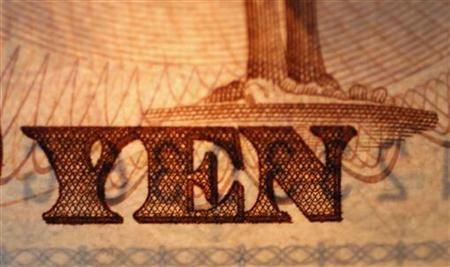Japan Industrial Output Growth Slows To 1.6% In November

Japan’s industrial output rose in November, but less than expected, indicating the world’s third largest-economy continues to weaken.
According to data released Friday by the Ministry of Economy, Trade and Industry, Japan’s industrial production, which measures the total inflation-adjusted value of output from manufacturers, mines and utilities, rose 1.6 percent in November, down from 1.8 percent in October and below the analysts’ forecast of 1.8 percent.
This report comes after it was revealed earlier this month that Japan’s manufacturing activity contracted in November to a 19-month low, increasing concerns about a slowdown. According to data released by Markit/JMMA, the headline PMI fell to 46.5 in November, down from 46.9 in October.
The continuing debt crisis in Europe and a strong yen have also hurt demand for exports, the key driver of Japan's economy. Investors sense that policymakers are under pressure to ease monetary policy further to revive economic growth.
Last month, Japan faced a sudden development on the political scene when Prime Minister Yoshihiko Noda dissolved the Diet ahead of the general elections, which will be held Dec. 16. Investor confidence rose on hopes the main opposition, the Liberal Democratic Party, led by Shinzo Abe, who is a proponent of aggressive monetary easing measures, will win the next elections.
Investors see an urgent need for policymakers to develop measures that strengthen the growth potential of the economy, which many expect to be announced after the elections in December. “The probable winner of the election, the LDP, is likely to announce a 10 trillion yen stimulus ($122 billion, or 2 percent of Japan’s GDP) that will boost growth. Post-election optimism could also support consumer and business sentiment as uncertainty about the policy outlook fades,” Capital Economics said in a note.
In October, the Bank of Japan announced a new round of monetary policy easing measures, which resulted in the expansion of the Asset Purchase Program (APP) by about 11 trillion yen ($138-billion). This brings the total size of the APP to about 91 trillion yen, of which 25 trillion yen is in loans and the remaining 66 trillion yen is allocated for asset purchases. The policy board agreed on a further allocation of five-trillion yen in Japanese government bonds and treasury bill purchases and announced 0.91 trillion yen in purchases of risk assets.
© Copyright IBTimes 2024. All rights reserved.





















